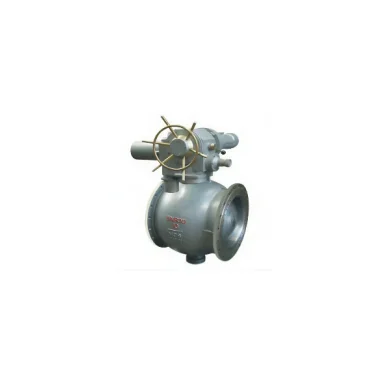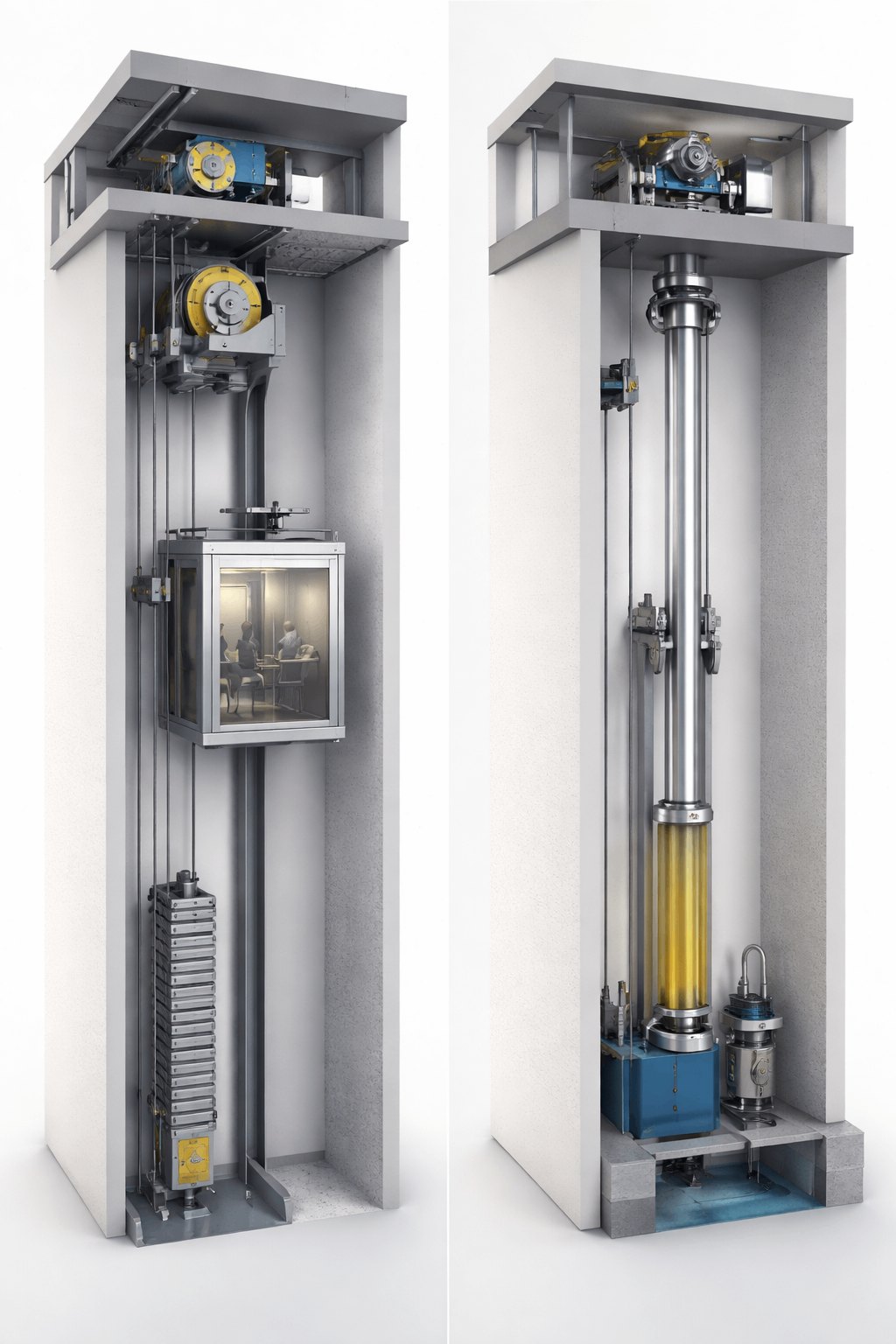The Ultimate Guide to Choosing a Leaf Blower: Key Qualities for Optimal Performance
When it comes to maintaining a pristine outdoor space, a leaf blower is an indispensable tool for homeowners and landscapers alike. However, not all leaf blowers are created equal. Understanding the qualities that define a good leaf blower can significantly enhance your yard maintenance experience. In this article, we will delve into the essential features and characteristics that make a leaf blower effective, efficient, and user-friendly.
- Power and Performance
The first quality to consider when evaluating a leaf blower is its power. Leaf blowers are typically powered by either gas or electricity, and each type has its advantages and disadvantages.
- Gas-Powered Leaf Blowers: These models tend to offer greater power and are ideal for larger yards or commercial use. They usually feature two-stroke or four-stroke engines, with the latter being more fuel-efficient and environmentally friendly. When assessing power, look for models with a higher cubic centimeters (cc) rating, as this often correlates with better performance.
- Electric Leaf Blowers: While generally less powerful than their gas counterparts, electric models are quieter, lighter, and require less maintenance. Battery-operated options provide the convenience of portability without the hassle of cords, making them suitable for smaller yards or urban settings. When choosing an electric blower, consider the voltage and amp rating, as these will impact its blowing force.
- Airflow and Speed
The effectiveness of a leaf blower is largely determined by its airflow and speed, measured in cubic feet per minute (CFM) and miles per hour (MPH), respectively. A good leaf blower should strike a balance between these two metrics.
- CFM: This measures the volume of air the blower can move. A higher CFM is essential for moving large piles of leaves or debris quickly. For residential use, a blower with a CFM rating of 400 or more is generally sufficient, while commercial users may require models that exceed 600 CFM.
- MPH: This indicates the speed at which air is expelled from the blower. A higher MPH rating is beneficial for dislodging stubborn debris or wet leaves. Look for models that offer adjustable speed settings, allowing you to tailor the airflow to your specific needs.
- Weight and Ergonomics
The weight of a leaf blower can significantly impact user comfort and efficiency. Heavier models may be more powerful but can lead to fatigue during extended use. Therefore, consider the following ergonomic features:
- Weight Distribution: A well-balanced blower reduces strain on the arms and back. Look for models with adjustable straps or handles that allow for better weight distribution.
- Vibration Dampening: Excessive vibration can lead to discomfort and fatigue. High-quality leaf blowers often incorporate vibration-reducing technology, making them more comfortable to operate for longer periods.
- Noise Level
Noise pollution is a growing concern, especially in residential areas. Gas-powered leaf blowers tend to be louder than electric models, which can be disruptive to neighbors. When selecting a leaf blower, consider the decibel (dB) rating:
- Quiet Operation: Look for electric models or gas blowers with noise-reduction features. Many manufacturers now produce leaf blowers that operate at 60 dB or lower, making them more suitable for residential use without disturbing the peace.
- Versatility and Features
A good leaf blower should offer versatility beyond just blowing leaves. Many modern models come with additional features that enhance their functionality:
- Vacuum and Mulching Capabilities: Some leaf blowers can also function as vacuums, allowing you to collect leaves and debris. Models with mulching capabilities can shred leaves into smaller pieces, making disposal easier and providing nutrient-rich mulch for your garden.
- Adjustable Nozzles: Different tasks may require different nozzle sizes. A blower with interchangeable nozzles allows you to customize the airflow for various applications, from tight corners to open spaces.
- Durability and Maintenance
Investing in a high-quality leaf blower means considering its durability and ease of maintenance. Look for models made from robust materials that can withstand the rigors of outdoor use. Additionally, consider the following:
- Ease of Maintenance: Gas-powered models may require more upkeep, including oil changes and spark plug replacements. Electric models typically require less maintenance, but it's essential to check for features like easy-access filters and battery replacements.
- Warranty and Support: A good warranty can provide peace of mind. Look for manufacturers that offer extended warranties and reliable customer support to assist with any issues that may arise.
Conclusion
Choosing the right leaf blower involves more than just picking the first model you see. By understanding the key qualities of a good leaf blower—power and performance, airflow and speed, weight and ergonomics, noise level, versatility, and durability—you can make an informed decision that meets your specific needs. Whether you are a homeowner looking to maintain your yard or a professional landscaper seeking reliable equipment, investing in a quality leaf blower will enhance your outdoor maintenance experience and ensure your space remains tidy and inviting.


